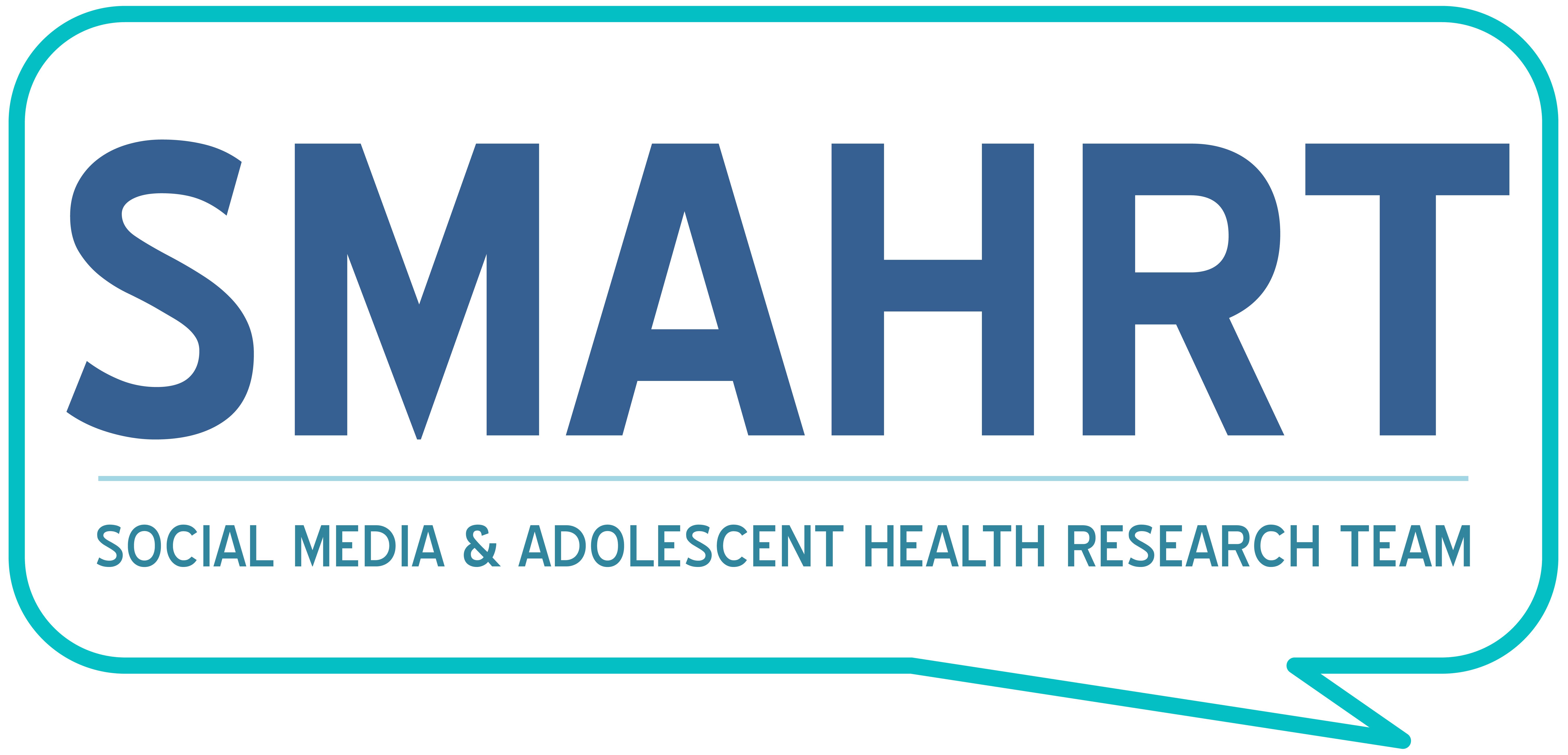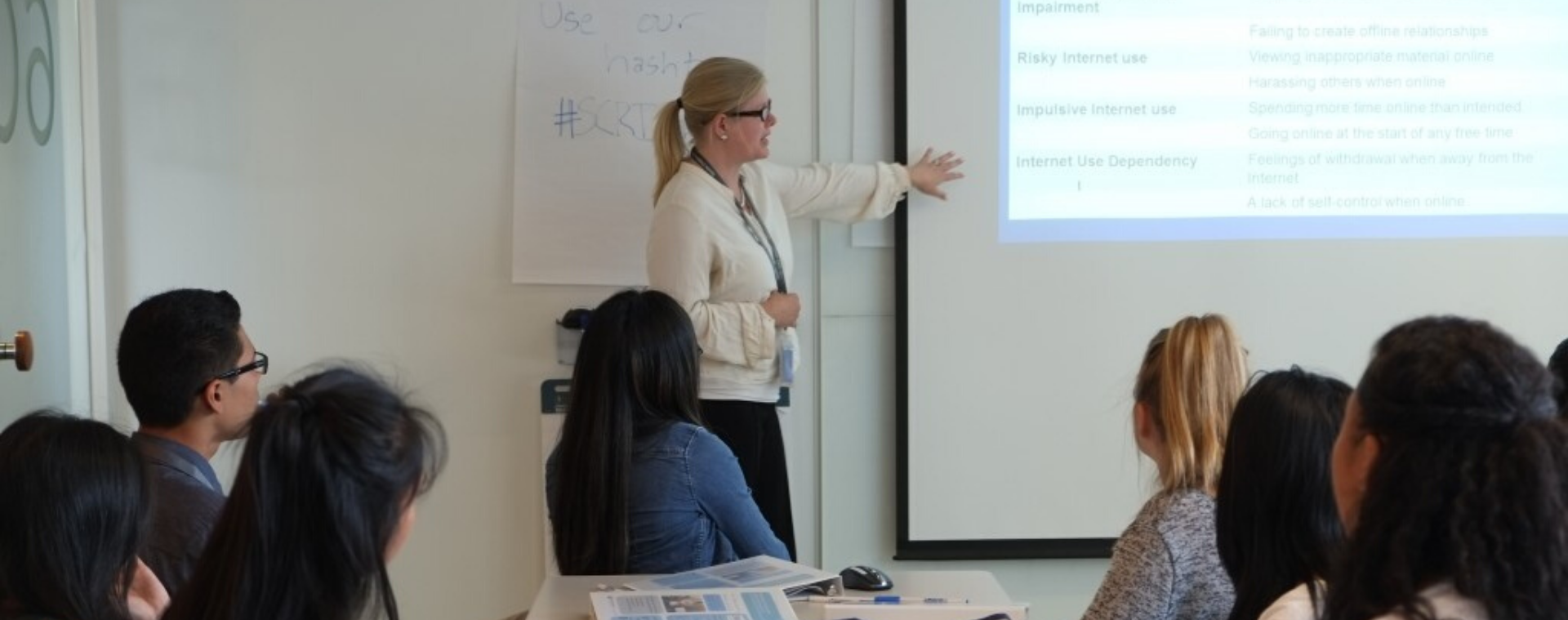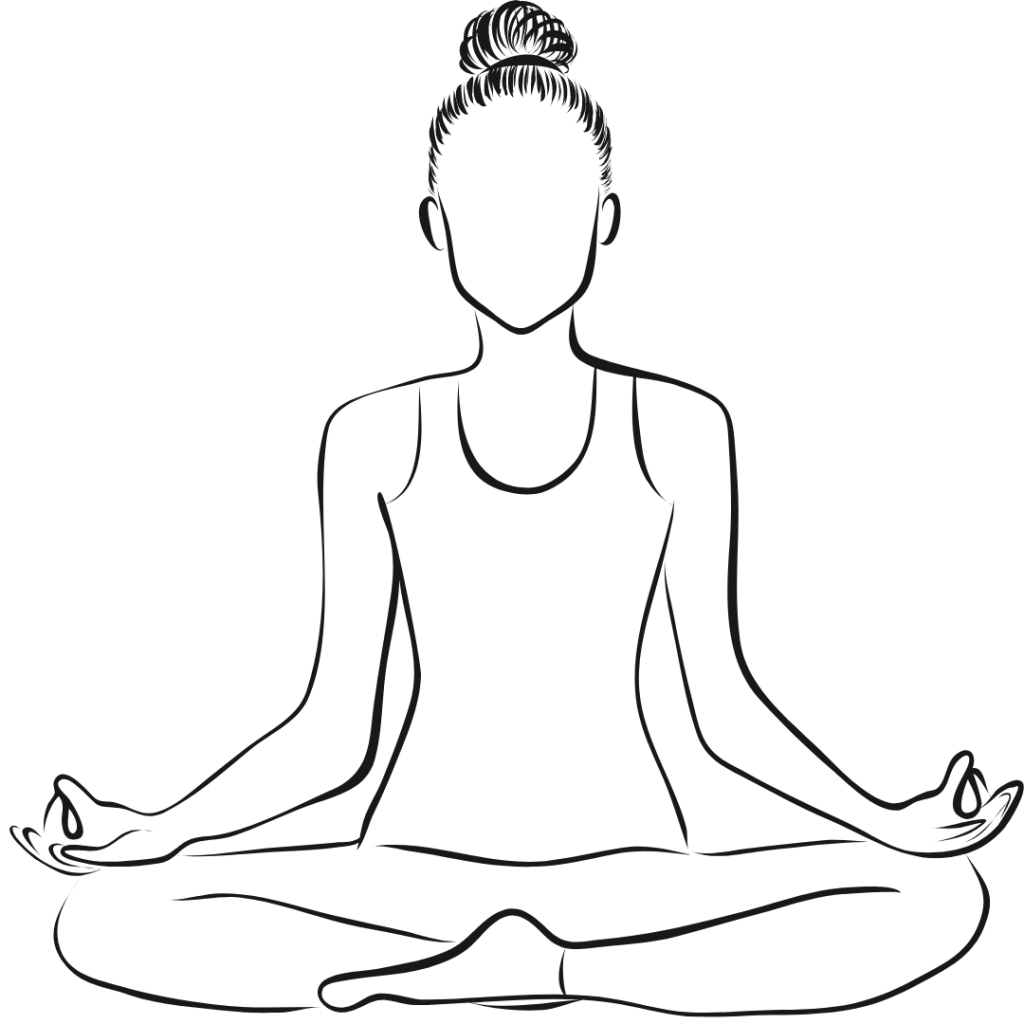
By Katie Raynes
Since the start of the pandemic, the world as we know it has increasingly been evolving; life has been filled with a heightened sense of ambiguity, while potentially accompanied by fear, loneliness, realizations, or gratitude.
Most profoundly, perhaps, it was filled with intense scrolling. We, as people, were longing to find a sense of normalcy, however, scrolling through our feed could only fill a temporary void. I believe I am one of many who have found themselves looking at the clock and realizing Tik Tok, Instagram, or other social media platforms have consumed an immense amount of time and productivity.
Sometimes the simplest things in life are the ones that really matter and have the potential to make the biggest difference.
It’s easy to scroll. Challenge yourself, take the initiative, and try new activities this summer without your device. Feeling good starts with YOU. Below are a few ideas for screen-free summer activities.
1. Explore the Incredible Value of Nature
It is no surprise that being outside can boost your mood. With the sun shining and fresh air, spending time in nature can be therapeutic.
Multiple research studies have given insight into the power of nature and the multitude of health benefits. Most research has focused on green locations such as forests and parks. In adolescents, for example, exposure to green spaces has been associated with reducing stress, increasing positive moods, decreasing depressive symptoms, bettering emotional well-being, improving mental health and behavior, and decreasing psychological distress (Zhang et al., 2020)
Although many may live in urban areas and possibly do not have access to picturesque or scenic places, that should not deter one from going outside and simply taking a walk; there is still a plethora of benefits as your mood can be boosted just by walking in nature. One can form a “sense of connection you have with the natural world” which can contribute to happiness even when you’re not physically immersed in nature, says Lisa Nisbet, Ph.D., a psychologist at Trent University in Ontario, Canada (Weir, 2020).
Lead with curiosity when going outside; notice the physical and mental difference before and after going on a walk or being exposed to nature.
2. Try Meditation
Life is hectic; however, we can try to find at least a couple of minutes by ourselves and for ourselves. Find a quiet or peaceful place inside or outside that is relaxing and calming to you.
Scientists have discovered that mindfulness meditation can improve our mental and physical health and has the robust ability to alter our brain and biology in positive ways (APA, 2019).
Get comfortable with the uncomfortable. Not only is this a skill you will gain by meditating, but rather a mastery that will help you in all forms of life. Not everything will feel or be perfect. You will learn how to accept your feelings and sensations during your practice without judgment. You can build a foundation to find equanimity in your practice that can carry over into a newfound sense of calmness in your life.
3. Read the Book That Has Been Sitting on Your Shelf
Take the initiative to start a new book. What would align with your current goals, passions or interests? Perhaps you are looking to educate yourself more on American history or the current political climate; or perhaps you are considering learning from an interesting memoir or rather just reading a good old-fashioned fiction feel-good novel. Whatever you chose, frame around the sole purpose of reading is for yourself and for your own pleasure; when you don’t put pressure on yourself to “get it done”, you are more likely to enjoy it, and taking the time to read will come more naturally, instead of feeling like a chore.
4. Circle Back to What Really Matters to You
This past year and a half has felt stagnant, chaotic and everything in between. Perhaps what can truly fuel your happiness and pleasure is feeling comfortable, at ease, and at peace. Now can be an incredible opportunity for self-reflection.
Check-in with yourself. Be kind to yourself. Think about where you are now as opposed to where you were last year. Consider the barriers you may have encountered and reflect on your growth. Think about your past, current, and future goals; prioritize them, visualize them; manifest them. Write them down and place them somewhere you can see it every day. You can write your own holistic handbook for your own happiness.
Ultimately, fueling happiness and feeling good starts with you.
References:
Mindfulness meditation: A research-proven way to reduce stress. American Psychological Association. (n.d.). https://www.apa.org/topics/mindfulness/meditation.
Weir, K. (n.d.). Nurtured by nature. Monitor on Psychology. https://www.apa.org/monitor/2020/04/nurtured-nature.
Zhang, Y., Mavoa, S., Zhao, J., Raphael, D., & Smith, M. (2020, September 11). The Association between Green Space and Adolescents’ Mental Well-Being: A Systematic Review. International journal of environmental research and public health. https://www.ncbi.nlm.nih.gov/pmc/articles/PMC7557737/.





